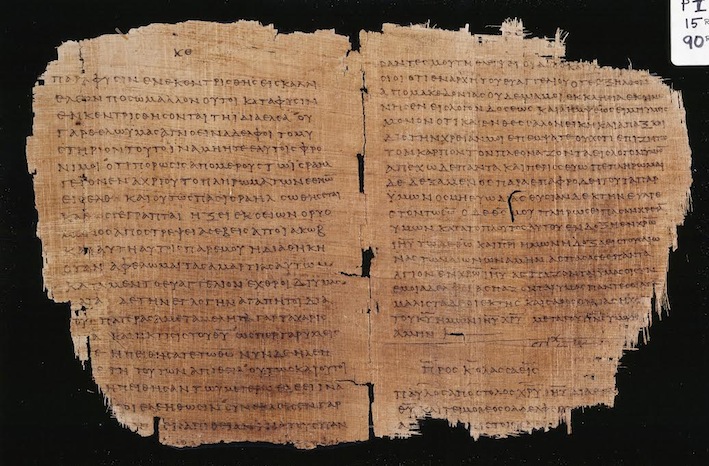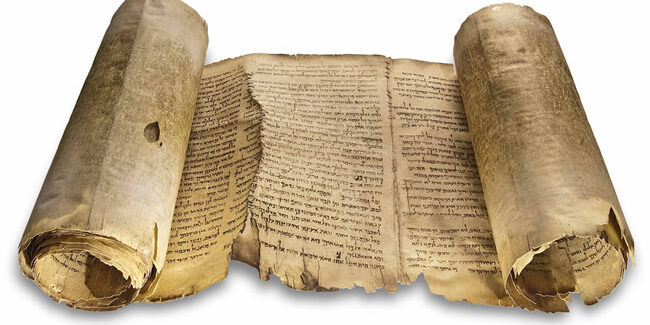The Bible is one of the most ancient and influential texts in human history, with a profound impact on countless individuals and societies throughout the ages. But how can we be sure that the Bible is an authentic and reliable record of the past? And how does it compare to other ancient texts that claim to offer insight into the human experience?
When we look at the Bible in comparison to other ancient texts, we can see that it stands out in a number of ways. First and foremost, the Bible is a collection of documents that were written over the course of hundreds of years by many different authors, yet it tells a coherent and consistent story that spans from the creation of the world to the end of time. This in itself is a remarkable feat of storytelling and narrative coherence, and speaks to the inspiration and divine guidance that the authors received.

Furthermore, the Bible is a text that has been transmitted over thousands of years, surviving countless wars, persecutions, and natural disasters. Despite this tumultuous history, we still have access to a vast array of original manuscripts and ancient copies that have been preserved with remarkable accuracy. This is in stark contrast to other ancient texts, which often survive in fragmentary or heavily corrupted form, and often lack the kind of historical and archeological evidence that supports the Bible’s claims.
One of the key factors that make the Bible so reliable is the fact that it was written in two languages, Hebrew and Greek, which were widely used and well-understood in the ancient world. The original manuscripts were meticulously copied by scribes who had a deep respect for the sacred nature of the text, and they used a variety of techniques to ensure that errors were minimized and the text remained true to the original.
Today, we can be confident that the Bible we have today is an accurate representation of the original manuscripts, thanks to the many discoveries of ancient copies and fragments that have been unearthed in recent years. These discoveries have revealed that the text of the Bible has remained remarkably consistent over the centuries, despite the many challenges that it has faced.
But what about the role of faith in the scriptures? It is important to recognize that, while the Bible is a reliable historical document, it is ultimately a book of faith. It is a record of God’s interactions with humanity, and it calls us to respond in faith to the message that it presents. As the writer of Hebrews notes, “faith is the assurance of things hoped for, the conviction of things not seen” (Hebrews 11:1).
In other words, the Bible asks us to trust in God’s promises and to believe that the things that it describes are true, even if we cannot see them or prove them by our own means. This is a challenge for some, but it is also an invitation to a deeper kind of knowledge and understanding, one that comes from the heart rather than just the mind.
Ultimately, it is this faith that makes the Bible such a powerful and transformative text. It has the power to change lives, to offer comfort and hope in times of trouble, and to inspire individuals to live lives of courage and compassion. Whether you are a long-time believer or just beginning to explore the Christian faith, the Bible remains an authentic and reliable guide to the spiritual journey that we are all called to undertake.


